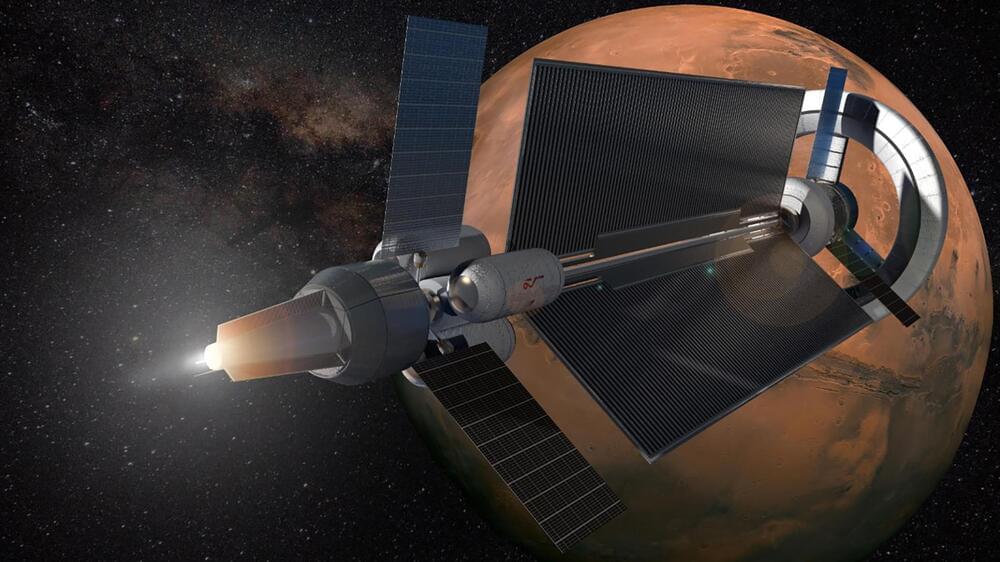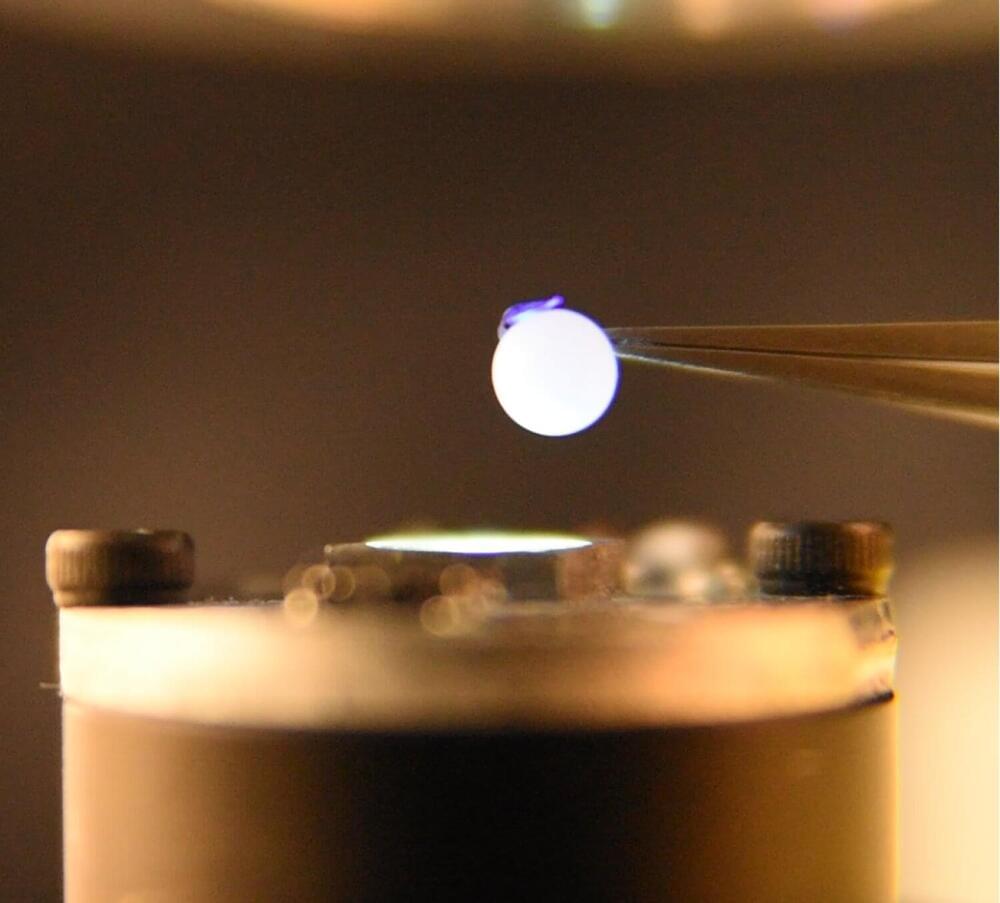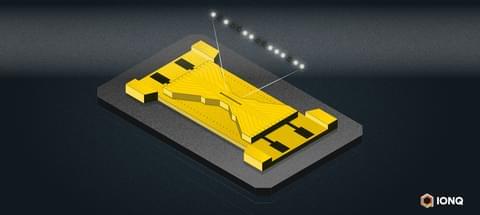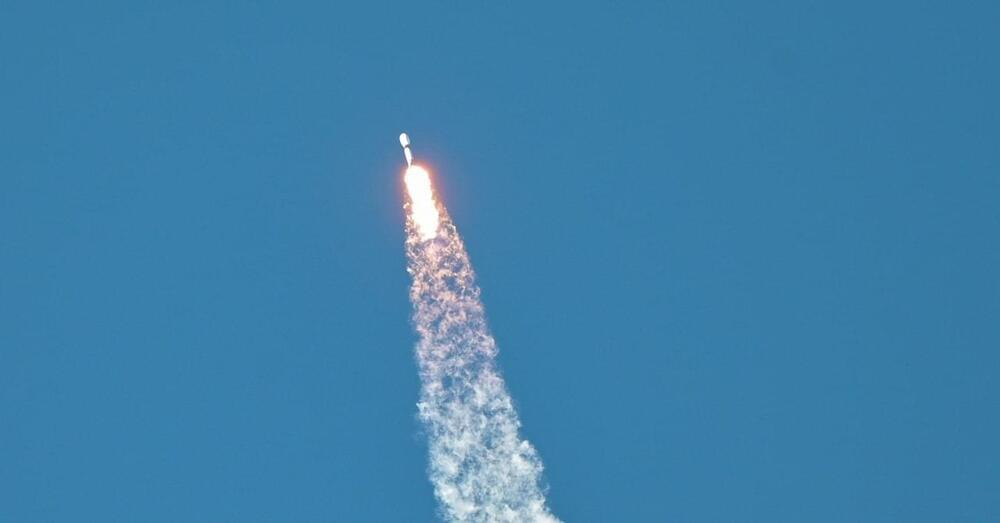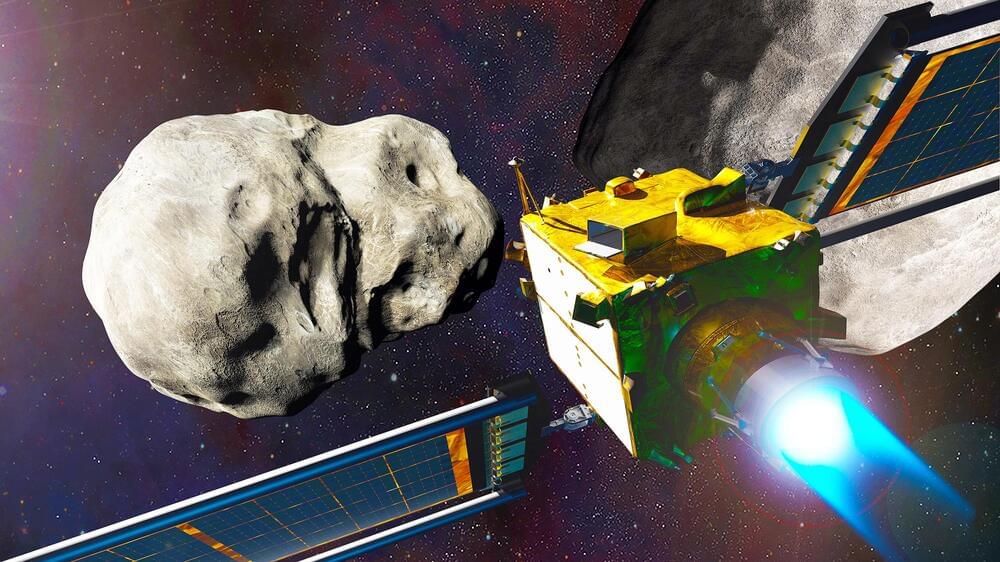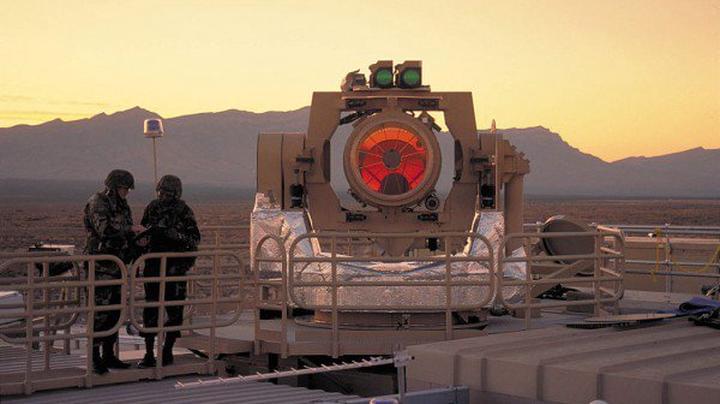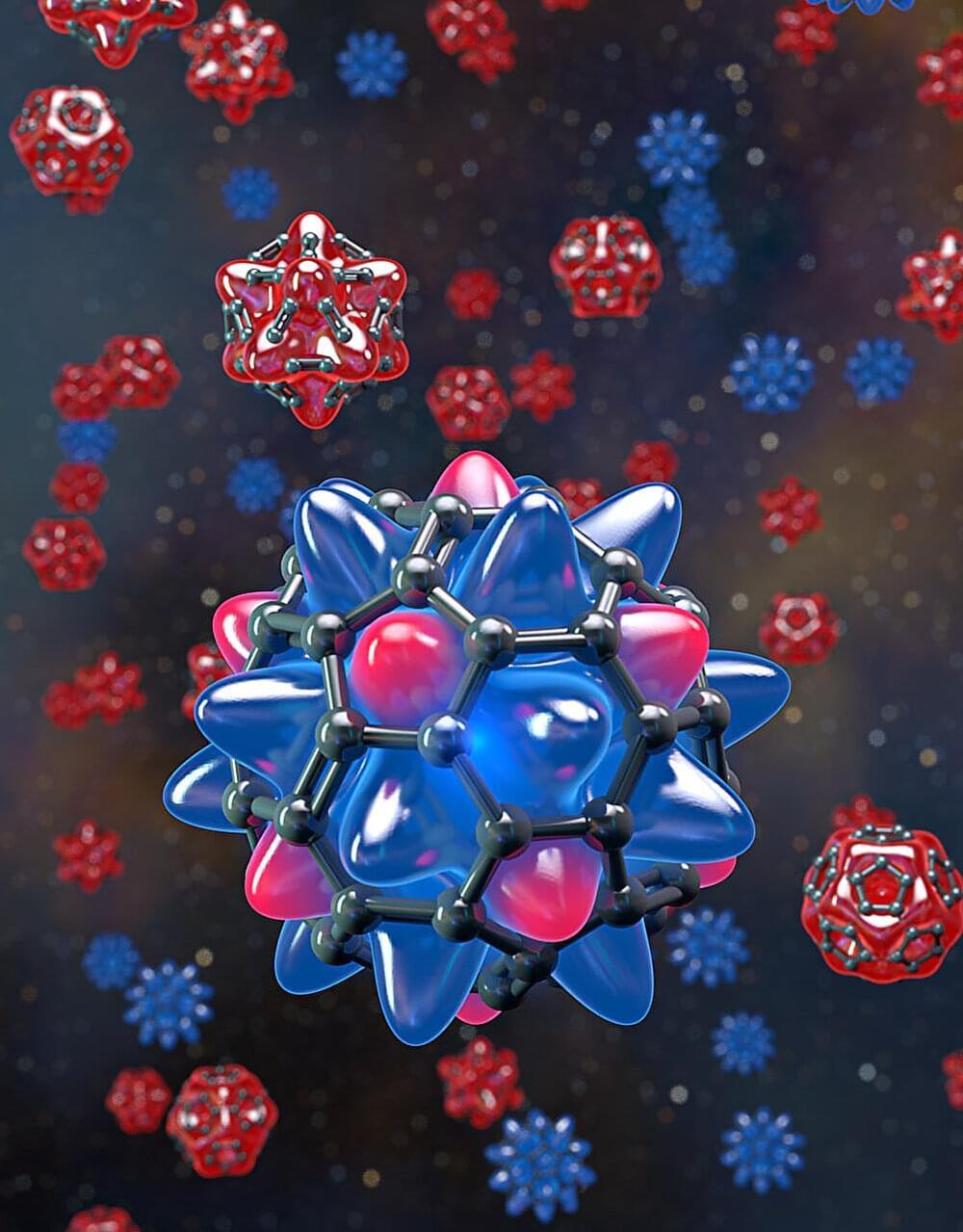
In a recent Science paper, researchers led by JILA and NIST Fellow Jun Ye, along with collaborators JILA and NIST Fellow David Nesbitt, scientists from the University of Nevada, Reno, and Harvard University, observed novel ergodicity-breaking in C60, a highly symmetric molecule composed of 60 carbon atoms arranged on the vertices of a “soccer ball” pattern (with 20 hexagon faces and 12 pentagon faces).
Their results revealed ergodicity breaking in the rotations of C60. Remarkably, they found that this ergodicity breaking occurs without symmetry breaking and can even turn on and off as the molecule spins faster and faster. Understanding ergodicity breaking can help scientists design better-optimized materials for energy and heat transfer.
Many everyday systems exhibit “ergodicity” such as heat spreading across a frying pan and smoke filling a room. In other words, matter or energy spreads evenly over time to all system parts as energy conservation allows. On the other hand, understanding how systems can violate (or “break”) ergodicity, such as magnets or superconductors, helps scientists understand and engineer other exotic states of matter.

